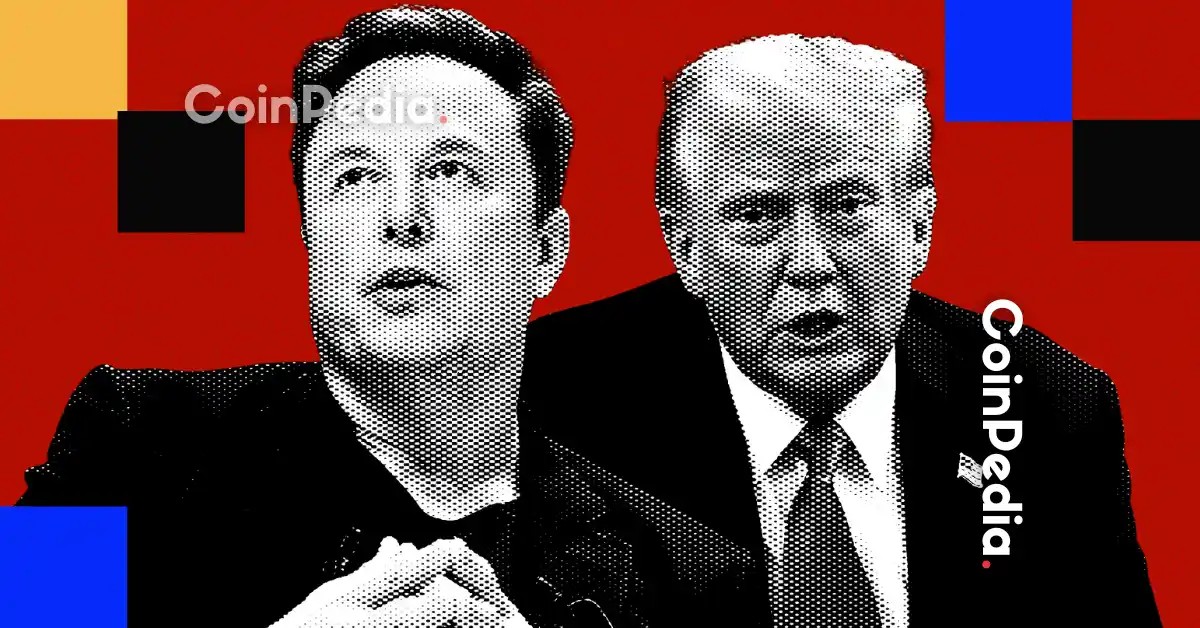The American political landscape has always been a dynamic and often unpredictable arena, but recent developments have pushed it into uncharted territory. The escalating conflict between former President Donald Trump and tech billionaire Elon Musk, culminating in Musk’s announcement of the “America Party,” has sent shockwaves through the political establishment. This clash is not merely a personal feud but a potential inflection point that could reshape the future of American politics.
The Breaking Point: From Alignment to Antagonism
The relationship between Trump and Musk has been a study in contradictions. While they have occasionally aligned on issues such as deregulation and technological innovation, their ideological differences have always been palpable. Musk, who identifies as a centrist, has frequently criticized both major parties, particularly on issues of government waste and bureaucratic inefficiency. The breaking point, however, appears to be Trump’s “One Big Beautiful Bill Act,” a legislative proposal that Musk has publicly condemned as fiscally irresponsible.
Musk’s decision to launch the “America Party” is a direct challenge to the status quo, particularly to Trump’s influence within the Republican Party. This move is not entirely surprising given Musk’s history of political engagement. He has long used his platforms, particularly Twitter (now X), to voice his opinions on a range of issues, from free speech to government overreach. However, the creation of a political party represents a significant escalation, signaling Musk’s intent to actively reshape the political landscape.
Trump’s Response: A Defense of the Two-Party System
Trump’s reaction to Musk’s “America Party” has been swift and uncompromising. Through his Truth Social platform, Trump has labeled Musk a “train wreck” and dismissed the new party as “ridiculous.” Beyond the personal attacks, Trump’s argument centers on the historical ineffectiveness of third parties in the United States. He has repeatedly asserted that third parties “never succeed,” framing Musk’s endeavor as a futile attempt to disrupt the established order.
This argument is rooted in the realities of the American political system. The two-party system has proven remarkably resilient, with third-party movements often struggling to gain traction. Structural barriers such as ballot access laws, campaign finance regulations, and the winner-take-all electoral system create significant obstacles for any new party seeking to challenge the dominance of the Democrats and Republicans. Trump’s dismissal of the “America Party” is, in part, an attempt to reinforce this narrative and discourage potential supporters.
The Potential of the “America Party”: Disruption or Distraction?
Despite the historical challenges, the “America Party” could potentially disrupt the existing political order. Musk’s immense wealth, technological expertise, and large social media following provide him with resources that most third-party movements lack. His ability to command attention and shape public discourse could translate into significant political influence.
However, the success of the “America Party” will depend on its ability to articulate a clear and compelling political vision. While Musk has expressed concerns about government waste and corruption, the party’s specific policy positions remain largely undefined. To succeed, the “America Party” must differentiate itself from the existing parties and appeal to a broad base of voters. One potential avenue is to capitalize on voter dissatisfaction with the status quo. Many Americans feel alienated by the increasingly polarized and gridlocked political system. A centrist party that emphasizes pragmatism, innovation, and fiscal responsibility could potentially attract voters from both sides of the aisle.
The Republican Party’s Dilemma: Fragmentation or Adaptation?
The emergence of the “America Party” poses a particular challenge for the Republican Party. Trump’s allies reportedly fear that Musk’s party could split the conservative vote, potentially costing Republicans key Congressional seats in future elections. This concern is based on the assumption that the “America Party” would primarily attract voters who are disaffected with the current direction of the Republican Party but are not willing to support the Democrats.
To mitigate this risk, the Republican Party may need to reassess its platform and messaging to appeal to a broader range of voters. This could involve moderating its stance on certain social issues, emphasizing economic opportunity, and focusing on areas of common ground with independents and moderate Democrats. However, such a shift could also alienate the party’s base, creating further divisions within the Republican ranks.
The Broader Implications: A Shifting Political Landscape
The Trump-Musk feud and the emergence of the “America Party” reflect broader trends in American politics. The rise of populism, the increasing influence of technology and social media, and the growing dissatisfaction with the two-party system are all contributing to a more volatile and unpredictable political environment.
Whether the “America Party” ultimately succeeds or fails, its emergence signals a potential realignment of political forces. The traditional left-right paradigm may be giving way to new divisions based on issues such as technology, globalization, and cultural identity. The ability of political actors to adapt to these shifting dynamics will be crucial in shaping the future of American politics.
Conclusion: A Spectacle with Uncertain Consequences
The clash between Trump and Musk is more than just a personal feud between two high-profile figures. It is a reflection of the deep-seated tensions and contradictions within American society. Musk’s “America Party” represents a bold attempt to disrupt the existing political order, but faces formidable challenges. Trump’s dismissive response underscores the resilience of the two-party system, but also reveals the anxieties within the Republican Party about potential fragmentation. The unfolding drama promises to be a spectacle, with uncertain consequences for the future of American politics. The only certainty is that the collision course has been set, and the reverberations will be felt for years to come.











